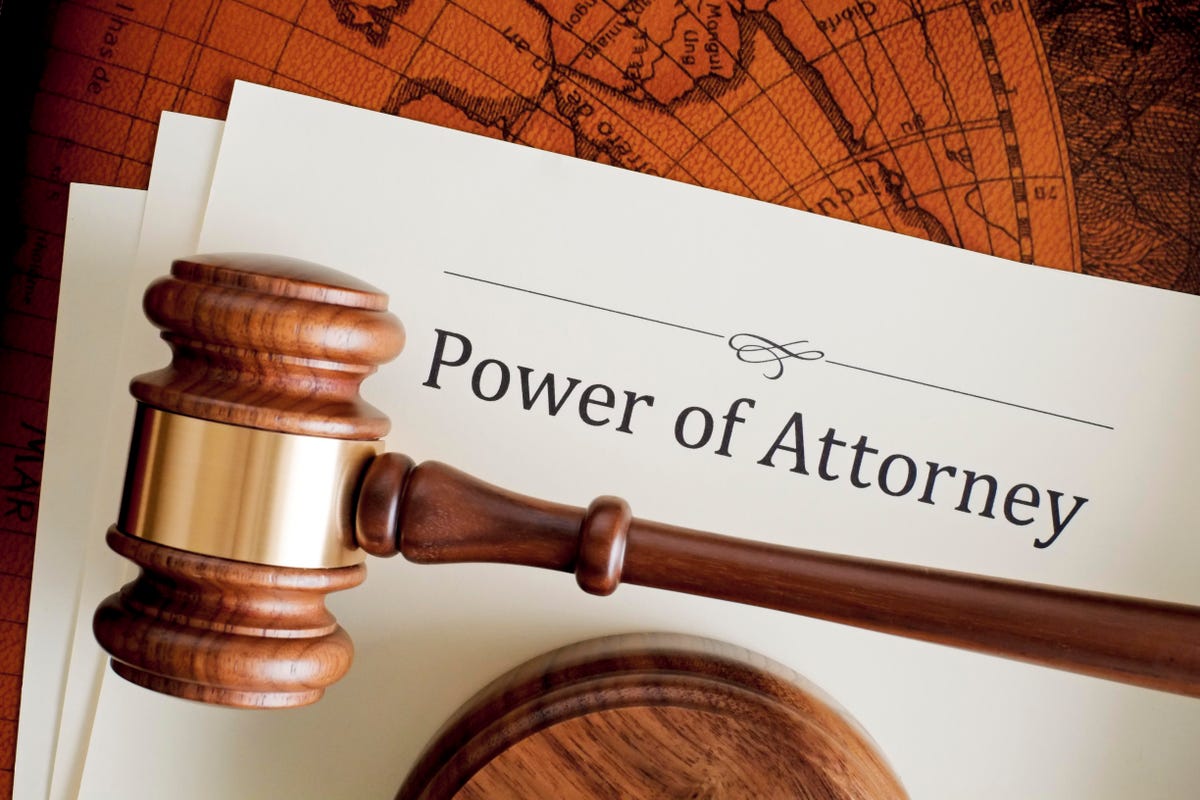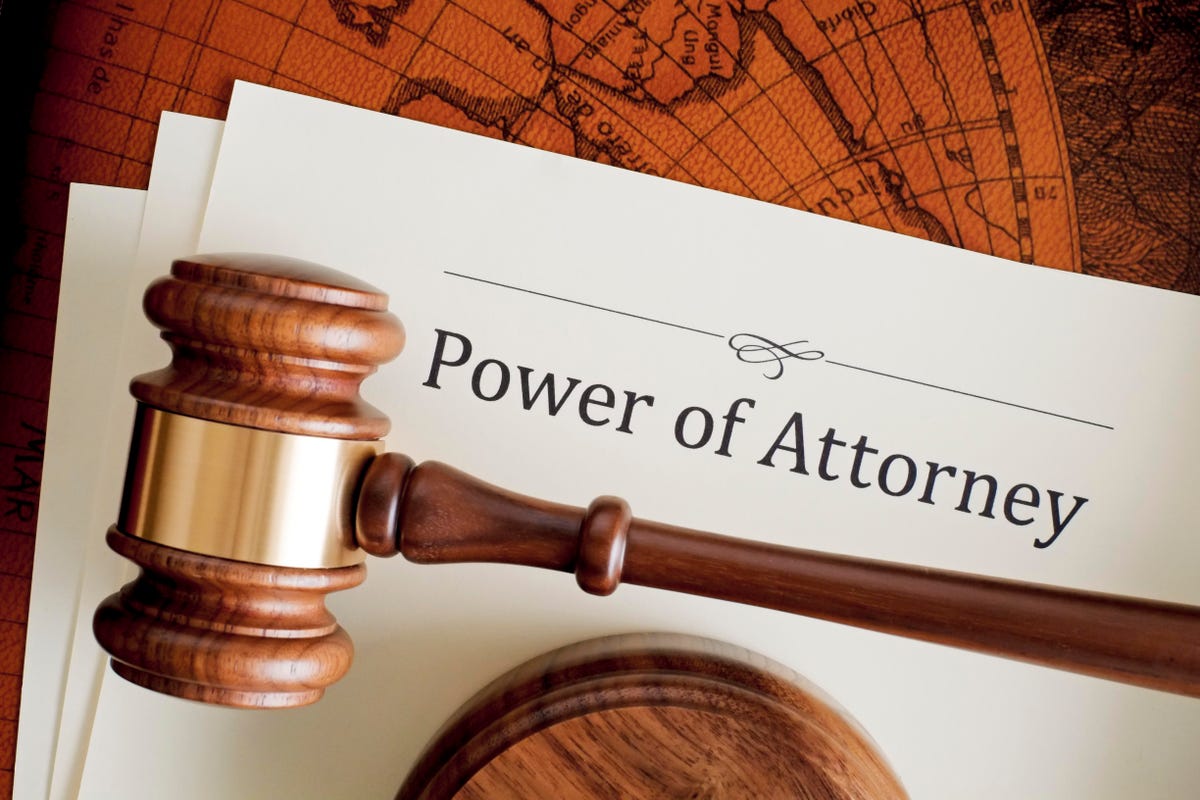Power of Attorney Lawyer Near Me: Navigating the legal complexities of power of attorney can feel overwhelming, but it doesn’t have to be. Whether you’re planning for the future or facing an immediate need, having a trusted legal professional by your side is essential. This guide provides a comprehensive overview of power of attorney, the benefits of seeking legal guidance, and how to find the right lawyer to meet your specific needs.
A power of attorney is a legal document that allows someone you trust, called an agent, to make decisions on your behalf in certain situations. This can be crucial for managing your finances, healthcare, or other important matters if you become incapacitated or unable to act for yourself.
Legal Aspects of Power of Attorney
A power of attorney is a legal document that allows one person (the principal) to appoint another person (the agent) to act on their behalf. It is a crucial legal tool for various situations, such as managing finances, making healthcare decisions, or handling real estate transactions when the principal is unable or unwilling to do so themselves. However, it is essential to understand the legal requirements for creating a valid power of attorney document to avoid potential complications.
Requirements for a Valid Power of Attorney
A valid power of attorney must meet specific legal requirements to be legally enforceable. These requirements vary slightly depending on the jurisdiction, but generally include:
- Capacity of the Principal: The principal must have the legal capacity to grant power of attorney. This means they must be of sound mind and able to understand the nature and consequences of their actions.
- Voluntary and Informed Consent: The principal must freely and voluntarily grant power of attorney without undue influence or coercion. They should be fully informed about the powers they are granting and the potential consequences.
- Proper Formalities: The power of attorney document must be in writing and signed by the principal. It may also require witnesses or notarization depending on the jurisdiction.
- Clear and Specific Grant of Authority: The document must clearly and specifically define the powers granted to the agent. This includes identifying the specific actions the agent is authorized to perform and any limitations or restrictions.
Consequences of a Poorly Drafted or Invalid Power of Attorney
A poorly drafted or invalid power of attorney can have significant legal consequences. This can include:
- Invalid Transactions: If the power of attorney is not valid, any actions taken by the agent may be deemed invalid, leading to legal challenges and potential financial losses.
- Legal Disputes: A poorly drafted power of attorney can lead to disputes between the agent, the principal, and other interested parties, potentially resulting in costly litigation.
- Liability Issues: If the agent acts beyond the scope of their authority, they may be held personally liable for any damages caused.
- Inability to Make Decisions: An invalid power of attorney can prevent the agent from making important decisions on behalf of the principal, potentially causing significant harm or inconvenience.
How a Lawyer Can Help
A lawyer can provide invaluable assistance in creating and reviewing a power of attorney document to ensure it is legally valid and protects your interests. They can:
- Draft a Power of Attorney Document: A lawyer can draft a comprehensive power of attorney document that meets the specific legal requirements of your jurisdiction and addresses your individual needs and circumstances.
- Review Existing Documents: If you have an existing power of attorney document, a lawyer can review it to ensure its validity and effectiveness.
- Advise on Legal Implications: A lawyer can advise you on the legal implications of your power of attorney document, including potential risks and liabilities.
- Negotiate with Parties: If disputes arise, a lawyer can negotiate with the agent, principal, and other parties to reach a mutually agreeable solution.
Common Misconceptions about Power of Attorney
Power of attorney (POA) is a legal document that allows you to appoint someone you trust, called an agent or attorney-in-fact, to make decisions on your behalf. While a POA can be a valuable tool for managing your affairs, there are several common misconceptions about its use and limitations.
Power of Attorney is Only for the Elderly or Terminally Ill, Power of attorney lawyer near me
This is a common misconception. Power of attorney can be used by anyone, regardless of age or health status. For example, you might need a POA if you are traveling abroad and need someone to manage your finances while you are away.
Power of Attorney Gives Your Agent Unlimited Power
This is another misconception. You can choose to give your agent specific powers or limit their authority. For example, you might only authorize your agent to manage your finances, but not to make medical decisions.
Power of Attorney Automatically Ends When You Become Incapacitated
This is not necessarily true. A POA can be drafted to remain in effect even if you become incapacitated. However, it’s crucial to consult with a lawyer to ensure that the POA meets your specific needs and addresses your concerns.
Power of Attorney is the Same as a Living Will
While both documents are related to your end-of-life care, they serve different purposes. A power of attorney allows someone to make decisions on your behalf, while a living will specifies your wishes for medical treatment if you are unable to make decisions for yourself.
Power of Attorney Can Be Used to Avoid Taxes
Power of attorney is not a tool for tax avoidance. Your agent must still comply with all applicable tax laws.
Power of Attorney is a One-Size-Fits-All Document
This is not true. Power of attorney documents can be customized to meet your specific needs. You should work with a lawyer to create a POA that reflects your wishes and protects your interests.
You Can Create a Power of Attorney Yourself
While you can find templates online, it’s important to consult with a lawyer to ensure that your POA is valid and meets your specific needs. A lawyer can help you draft a POA that is legally sound and protects your interests.
Next Steps
You’ve learned about the power of attorney and its importance in protecting your interests and making decisions about your affairs. Now it’s time to take the next step and consult with a qualified attorney.
A power of attorney lawyer can help you understand the legal requirements for creating a valid power of attorney document, ensure it meets your specific needs, and guide you through the process of choosing the right agent for your situation.
Contacting a Power of Attorney Lawyer
It’s crucial to contact a lawyer to ensure your power of attorney is legally sound and serves your intended purpose. They can help you navigate the complex legal requirements and avoid potential pitfalls.
Here are some tips for preparing for a consultation with a power of attorney lawyer:
- Gather Relevant Information: Before your consultation, gather any relevant information, such as existing documents, financial statements, or details about your health or other personal matters. This will allow the lawyer to provide you with tailored advice.
- Identify Your Goals: Clearly define your objectives for creating a power of attorney. Do you want to manage your finances, make healthcare decisions, or handle other specific tasks? Having a clear understanding of your goals will help the lawyer create a power of attorney that aligns with your needs.
- Prepare Questions: Write down any questions you have about the power of attorney process, including your specific concerns and preferences. This will ensure you get all the information you need to make informed decisions.
Remember, a power of attorney is a legal document that can have significant implications for your life. Consulting with an experienced attorney is crucial to ensure your interests are protected.
Schedule a free consultation today with a qualified power of attorney lawyer to discuss your specific needs and ensure you have the right legal protection in place.
Final Conclusion: Power Of Attorney Lawyer Near Me

Understanding power of attorney and its implications is vital for protecting your interests and ensuring your wishes are carried out. By consulting with a qualified power of attorney lawyer near you, you can gain peace of mind knowing that your legal affairs are in order and your future is secure.
Finding a power of attorney lawyer near you can be a crucial step in ensuring your legal affairs are handled properly. These lawyers specialize in creating legal documents that grant another individual the authority to make decisions on your behalf, especially in situations where you are unable to do so.
While the cost of a power of attorney lawyer can vary, it’s important to consider the potential financial and personal consequences of not having one. To get an idea of what legal fees might look like, you can check out this resource on how much does a lawyer cost.
Ultimately, the cost of a power of attorney lawyer is an investment in your peace of mind and the protection of your assets.
